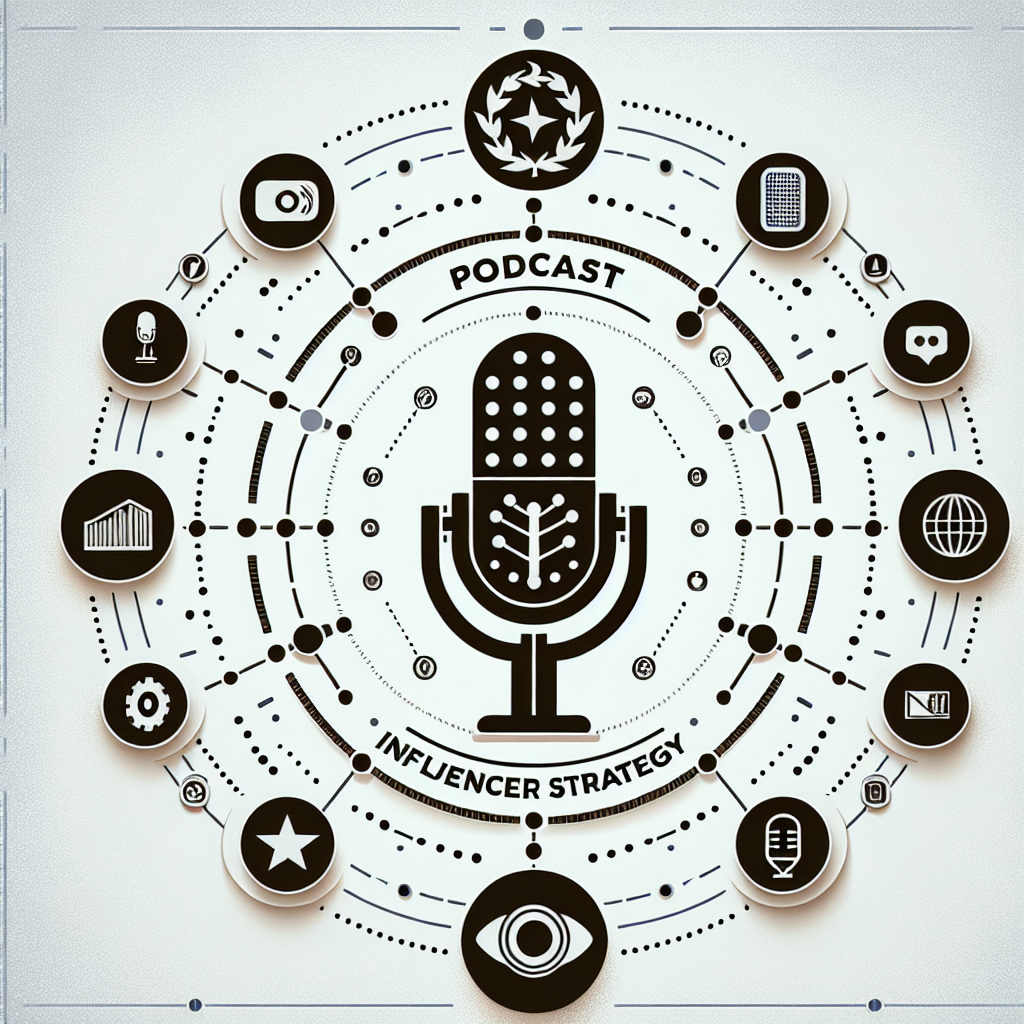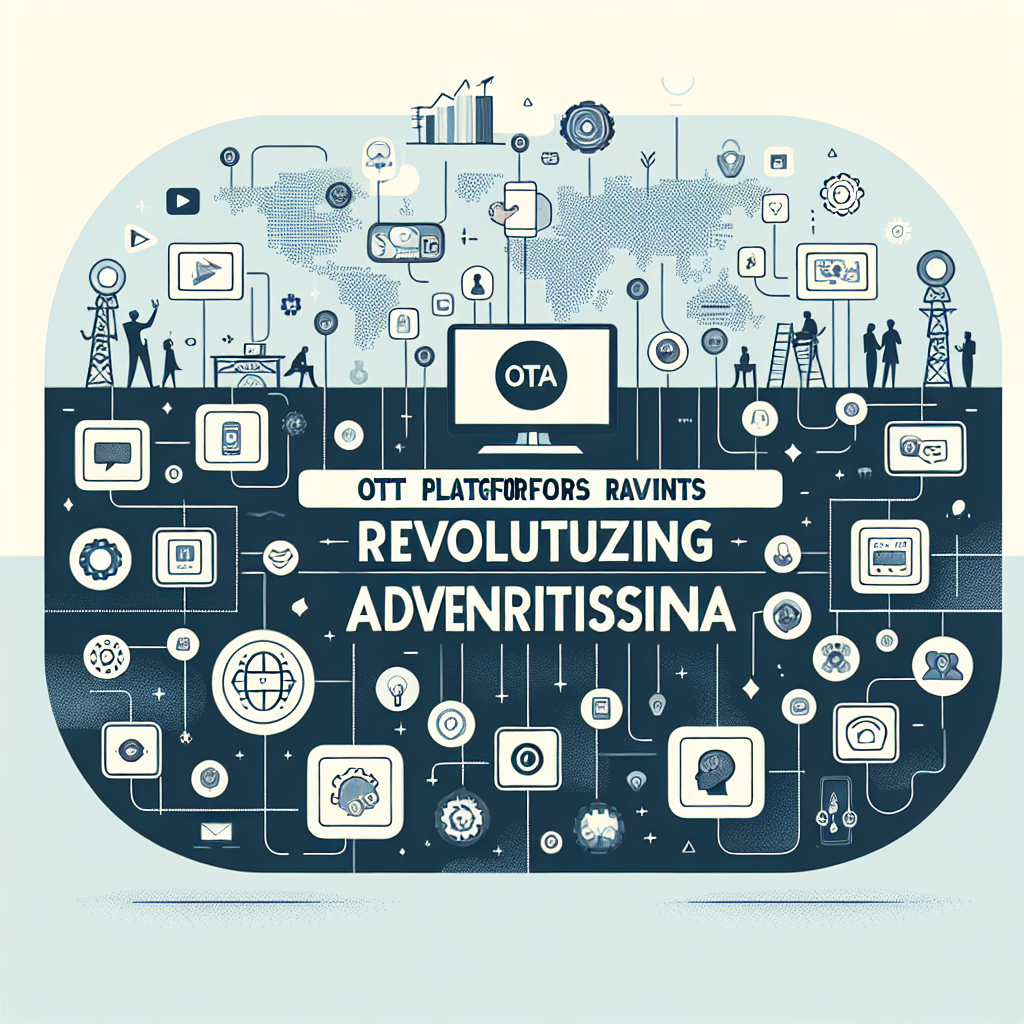Podcast Influencer Strategy: Leveraging Trusted Voices for Brand Growth
I recently encountered Sarah, a marketing director at a Fortune 500 consumer goods company, during a digital marketing conference in Chicago. She shared a fascinating revelation about her latest campaign that completely transformed my understanding of podcast advertising effectiveness. Sarah had been struggling with declining engagement rates across traditional social media platforms when she decided to experiment with podcast influencer partnerships. Within three months, her brand achieved a 340% increase in brand recall and a 67% boost in purchase intent compared to their previous display advertising campaigns. The secret, she explained, lay not in the reach of these podcast hosts, but in the intimate trust relationship they had cultivated with their audiences over years of consistent, authentic content delivery.
This conversation illuminated a fundamental shift occurring in influencer marketing, where the podcasting medium has emerged as the most trusted form of digital content consumption. According to recent research from the Interactive Advertising Bureau, podcast listeners demonstrate 4.4 times higher brand recall compared to traditional radio listeners, while Edison Research indicates that 54% of podcast consumers have considered purchasing products mentioned in podcast advertisements.
Introduction: The Intimacy Advantage in Audio Marketing
The podcast industry has experienced unprecedented growth, with over 464 million global listeners and an estimated market value exceeding $18.6 billion. This growth represents more than mere market expansion; it signifies a fundamental transformation in how consumers engage with branded content. Unlike traditional media consumption, podcast listening creates what researchers term "parasocial relationships" between hosts and audiences, fostering unprecedented levels of trust and engagement.
Dr. Neha Kumar, a behavioral psychologist specializing in digital media consumption, notes that podcast listeners experience unique psychological engagement patterns. The combination of voice intimacy, consistent scheduling, and topic expertise creates what she describes as "cognitive accessibility," where audiences become more receptive to product recommendations and brand messages embedded within trusted content frameworks.
The strategic implications for brands are profound. Traditional influencer marketing often struggles with authenticity concerns and declining engagement rates, but podcast influencers maintain sustained audience loyalty through intimate, long-form content relationships. This dynamic creates exceptional opportunities for brands willing to invest in strategic podcast partnerships that prioritize relationship building over immediate conversion metrics.
1. Trusted Voices Drive Exceptional Brand Recall
The foundation of successful podcast influencer strategy lies in understanding the unique trust dynamics that audio content creators establish with their audiences. Unlike visual platforms where influencers may rely on aesthetics or lifestyle aspiration, podcast hosts build credibility through consistent expertise demonstration, authentic storytelling, and genuine audience engagement over extended periods.
Research from the Podcast Consumer Study reveals that 71% of podcast listeners trust recommendations from their favorite hosts more than celebrity endorsements, while 45% have made purchases directly based on podcast advertisements. This trust translates into measurable business outcomes, with brands reporting average recall rates of 86% for podcast advertisements compared to 54% for traditional digital display advertising.
The psychological mechanisms underlying this trust are multifaceted. Voice creates intimacy that visual content cannot replicate, while the long-form nature of podcasts allows hosts to demonstrate genuine expertise and build authentic relationships with audiences. Additionally, the voluntary nature of podcast consumption means listeners actively choose to engage with content, creating higher receptivity to embedded brand messages.
Successful brands leverage this trust by partnering with podcast hosts whose expertise aligns with their product categories. Technology companies partner with tech-focused podcasters, while wellness brands collaborate with health and fitness hosts. This strategic alignment ensures that brand messages feel natural within the content context, maintaining the authenticity that drives listener trust.
2. Native Integration Through Sponsored Episodes and Ad Reads
The most effective podcast influencer strategies employ native integration techniques that seamlessly blend brand messages with regular content flow. This approach includes two primary methodologies: native advertisement reads and fully sponsored episodes, each serving distinct strategic purposes within comprehensive brand campaigns.
Native advertisement reads represent the most common form of podcast sponsorship, where hosts personally deliver brand messages using their authentic voice and style. These integrations typically occur at natural content breaks and often include personal anecdotes or experiences with the advertised products. The effectiveness of this approach stems from the host's credibility transfer to the brand message, creating what marketing researchers term "endorsement authenticity."
Sponsored episodes represent a more comprehensive integration approach, where brands collaborate with podcast hosts to create entire episodes focused on relevant topics that naturally incorporate brand messaging. These episodes maintain editorial independence while providing deeper exploration of subjects aligned with brand positioning. This format allows for more substantial storytelling opportunities and creates lasting content assets that continue generating value beyond initial publication.
The key to successful native integration lies in maintaining editorial authenticity while achieving brand objectives. Hosts must genuinely believe in the products they promote, and brand messages should align with the podcast's regular content themes. This alignment ensures that sponsored content feels valuable to listeners rather than intrusive, maintaining the trust relationship that drives podcast advertising effectiveness.
Advanced brands are experimenting with hybrid approaches, combining traditional advertisement reads with sponsored content series, product integration within regular episodes, and cross-platform content amplification. These comprehensive strategies maximize the unique advantages of podcast advertising while creating multiple touchpoints for audience engagement.
3. Performance Tracking Through Vanity URLs and Attribution Systems
The measurement challenge in podcast advertising has historically limited brand adoption, but sophisticated tracking methodologies now enable precise performance attribution and optimization. Vanity URLs represent the most effective tracking mechanism, providing brands with direct attribution data while maintaining seamless user experience for podcast listeners.
Vanity URL systems typically involve creating unique, memorable web addresses specifically for podcast campaigns, allowing brands to track traffic, conversions, and customer lifetime value directly attributable to specific podcast partnerships. These URLs often incorporate the podcast name or host identifier, creating additional brand association while enabling precise performance measurement.
Beyond basic traffic tracking, advanced attribution systems incorporate multi-touch attribution modeling, customer journey mapping, and lifetime value calculations to provide comprehensive campaign performance insights. These systems enable brands to understand not only immediate conversion impact but also long-term customer acquisition and retention effects from podcast advertising investments.
The implementation of effective tracking systems requires careful coordination between brands, podcast hosts, and technology platforms. Successful campaigns typically include detailed briefing processes, tracking system integration, and regular performance optimization based on real-time data insights. This systematic approach enables continuous campaign refinement and improved return on investment over time.
Modern tracking capabilities also enable sophisticated audience segmentation and personalization opportunities. Brands can create different vanity URLs for different audience segments, track performance across various podcast genres, and optimize messaging based on listener behavior patterns. This granular approach maximizes the effectiveness of podcast advertising investments while providing valuable customer insights for broader marketing strategies.
Case Study: Athletic Greens Podcast Strategy Success
Athletic Greens, a nutritional supplement company, exemplifies successful podcast influencer strategy implementation through their comprehensive approach to host partnerships and performance tracking. The company identified health, wellness, and entrepreneurship podcasts as primary target platforms, recognizing the alignment between their product benefits and audience interests within these content categories.
Their strategy involved partnering with over 200 podcast hosts across various audience sizes, from niche health experts to mainstream entrepreneurship shows. Rather than focusing solely on download numbers, Athletic Greens prioritized host authenticity and audience engagement levels. They provided hosts with products to genuinely experience before creating sponsored content, ensuring authentic testimonials and reducing skepticism among listeners.
The tracking system employed unique vanity URLs for each podcast partnership, combined with special discount codes that enabled precise attribution. This approach revealed that mid-tier podcasts with 10,000 to 50,000 downloads often generated higher conversion rates than larger shows, leading to strategic budget reallocation toward more engaged, niche audiences.
Results included a 290% increase in customer acquisition over 18 months, with podcast-acquired customers demonstrating 34% higher lifetime value compared to other digital marketing channels. The company attributed this success to the trust-building nature of podcast advertising and the quality of customers attracted through authentic host recommendations.
Conclusion: The Future of Audio-First Influencer Marketing
The podcast influencer landscape continues evolving rapidly, with emerging technologies and changing consumer behaviors creating new opportunities for strategic brand partnerships. Artificial intelligence integration is enabling more sophisticated audience matching and content optimization, while interactive audio features are creating new engagement possibilities for brands and listeners.
The fundamental advantages of podcast advertising remain constant: trust, engagement, and recall rates that exceed traditional digital marketing channels. However, successful implementation requires strategic thinking, authentic partnerships, and sophisticated measurement systems that capture the full value of these unique marketing relationships.
As the podcast industry matures, brands that invest in comprehensive podcast influencer strategies while maintaining focus on authenticity and measurement will establish significant competitive advantages in customer acquisition and brand building.
Call to Action
For marketing leaders ready to harness the power of podcast influencer partnerships, begin by conducting comprehensive audience research to identify podcasts with engaged listeners matching your target demographics. Develop authentic partnership proposals that provide genuine value to hosts and audiences while implementing robust tracking systems that capture both immediate and long-term campaign performance. Focus on building lasting relationships with hosts whose expertise and values align with your brand, prioritizing authenticity over reach to maximize the trust-building advantages that make podcast advertising uniquely effective.
Featured Blogs
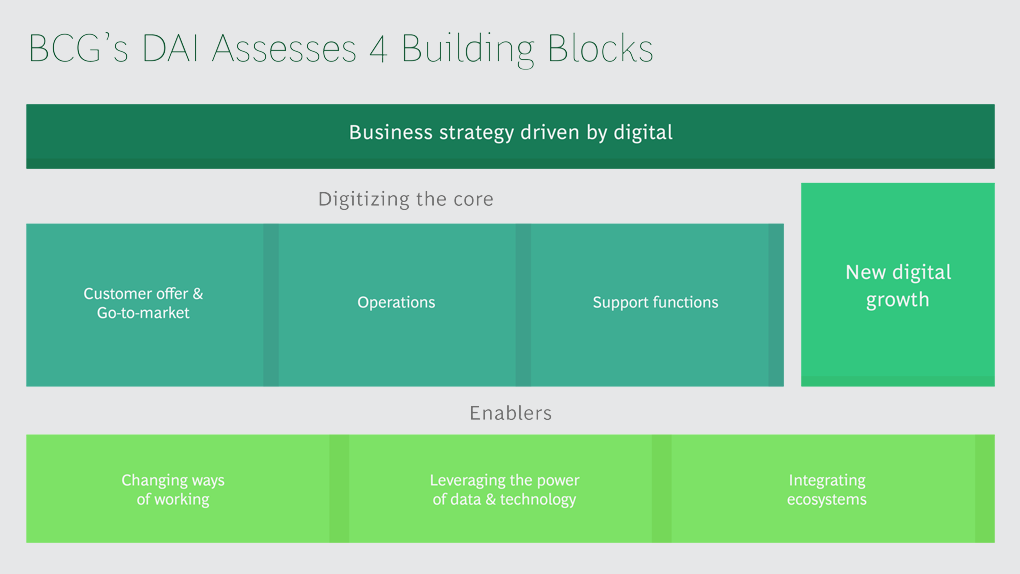
BCG Digital Acceleration Index
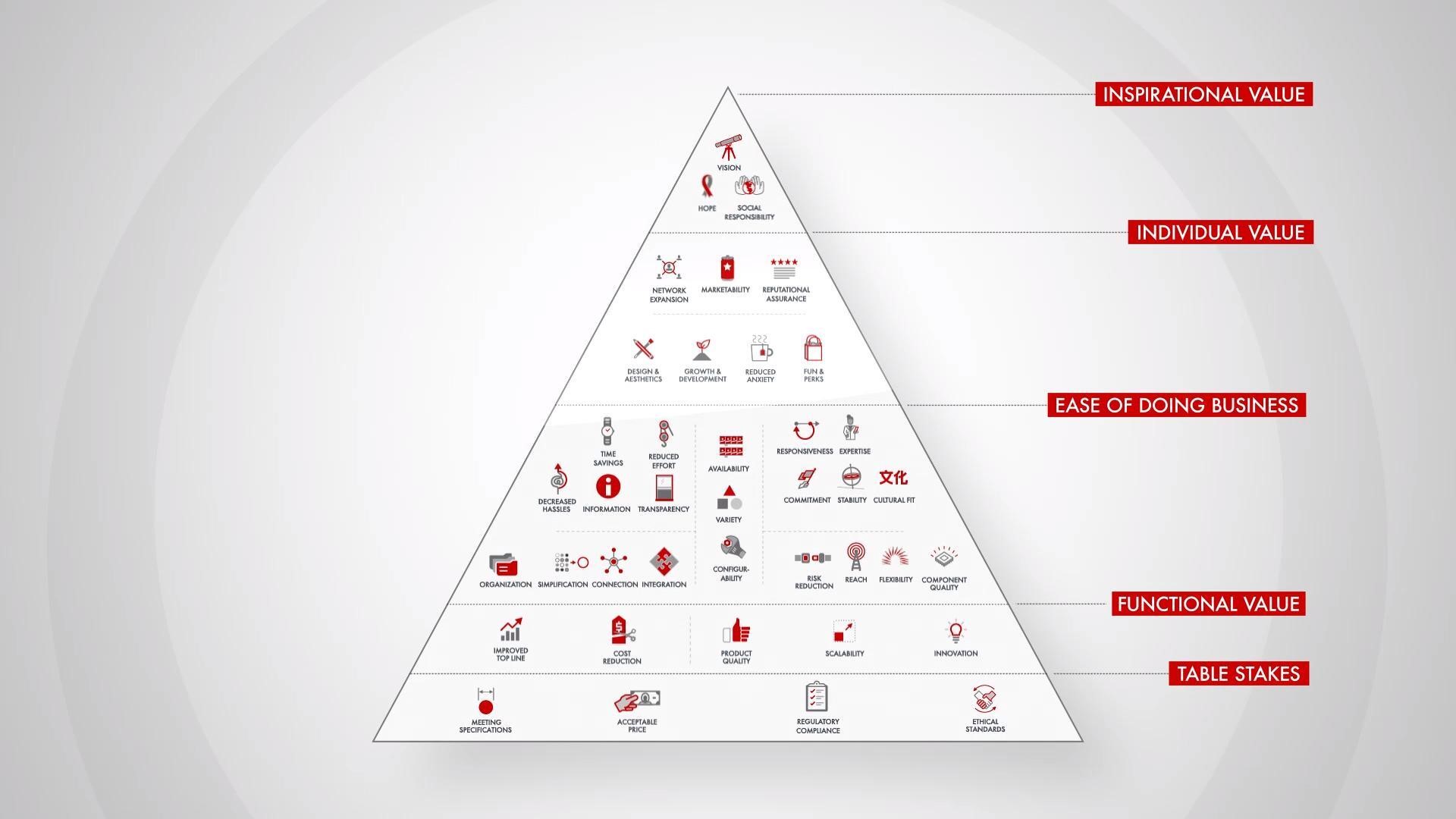
Bain’s Elements of Value Framework
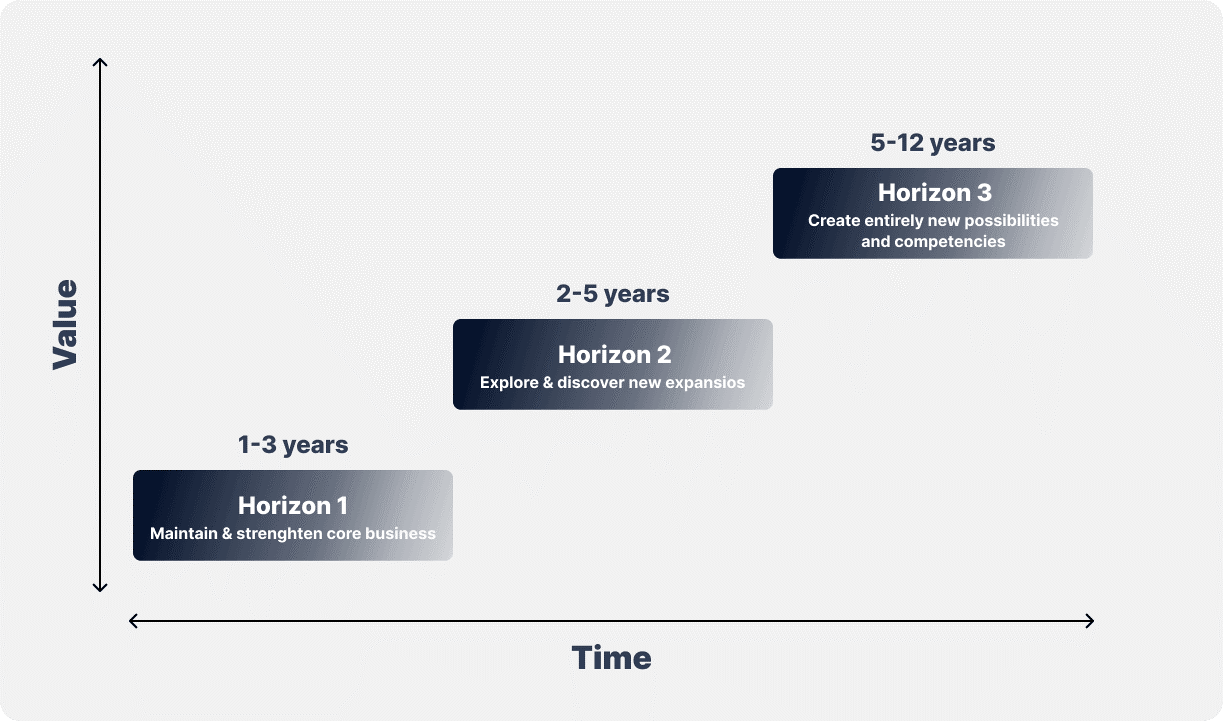
McKinsey Growth Pyramid
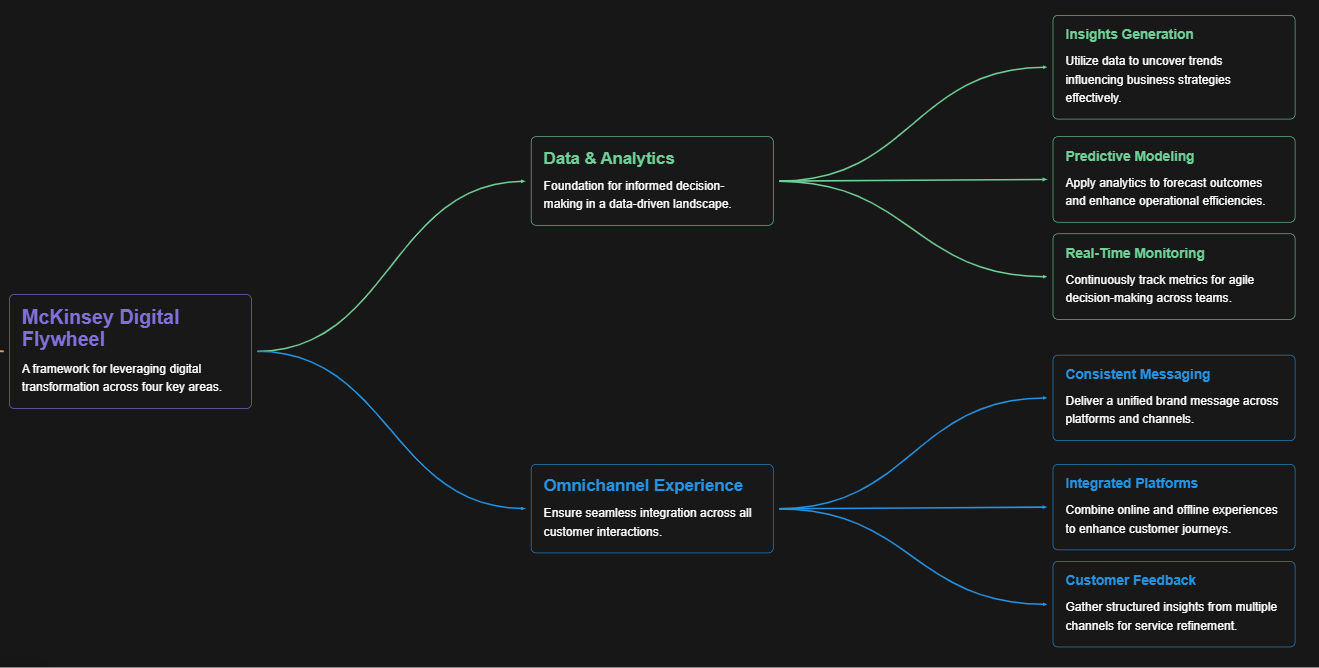
McKinsey Digital Flywheel
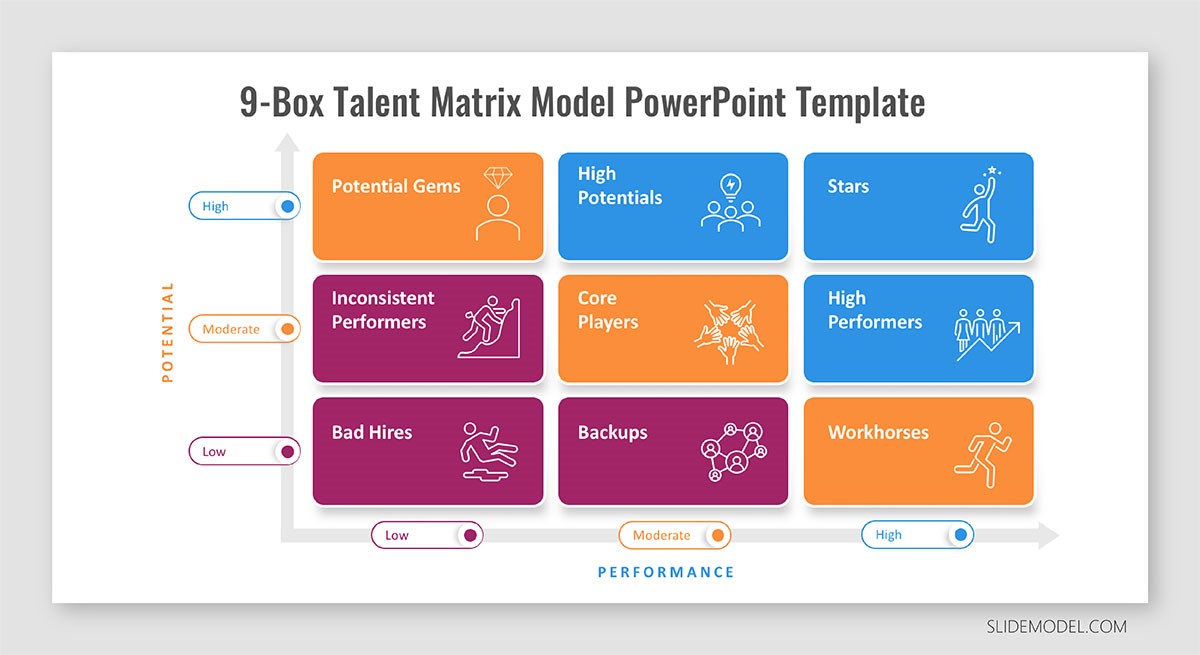
McKinsey 9-Box Talent Matrix
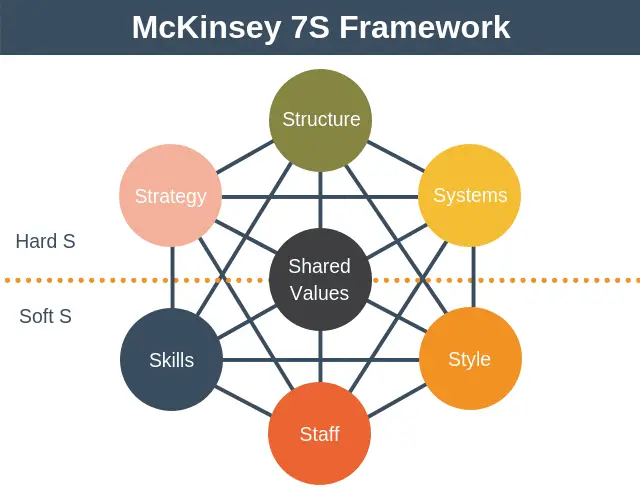
McKinsey 7S Framework
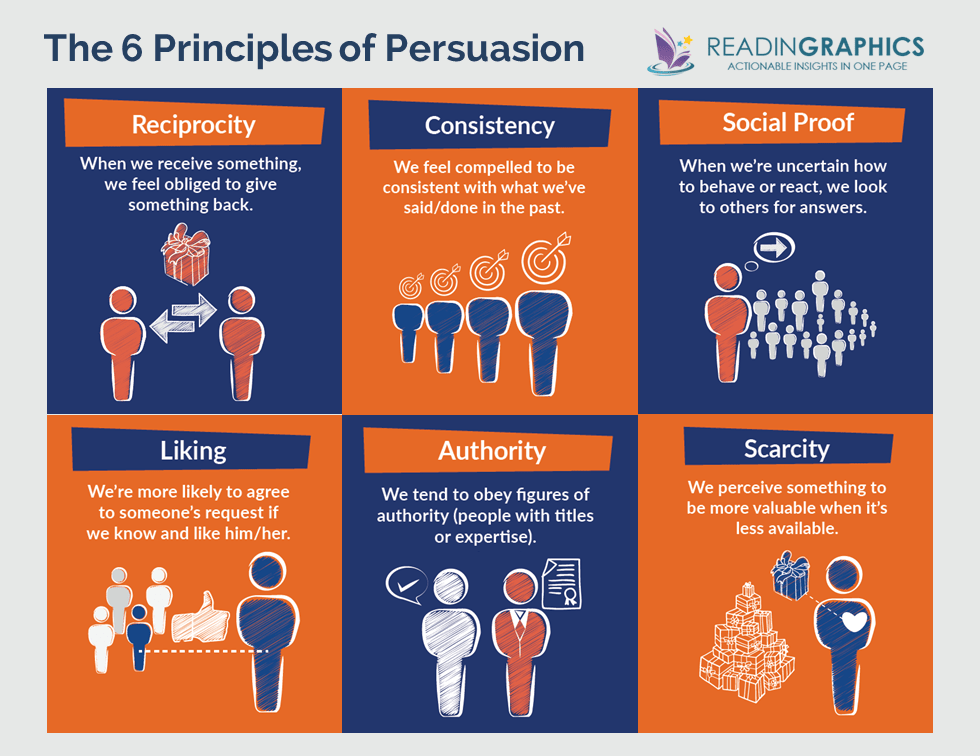
The Psychology of Persuasion in Marketing
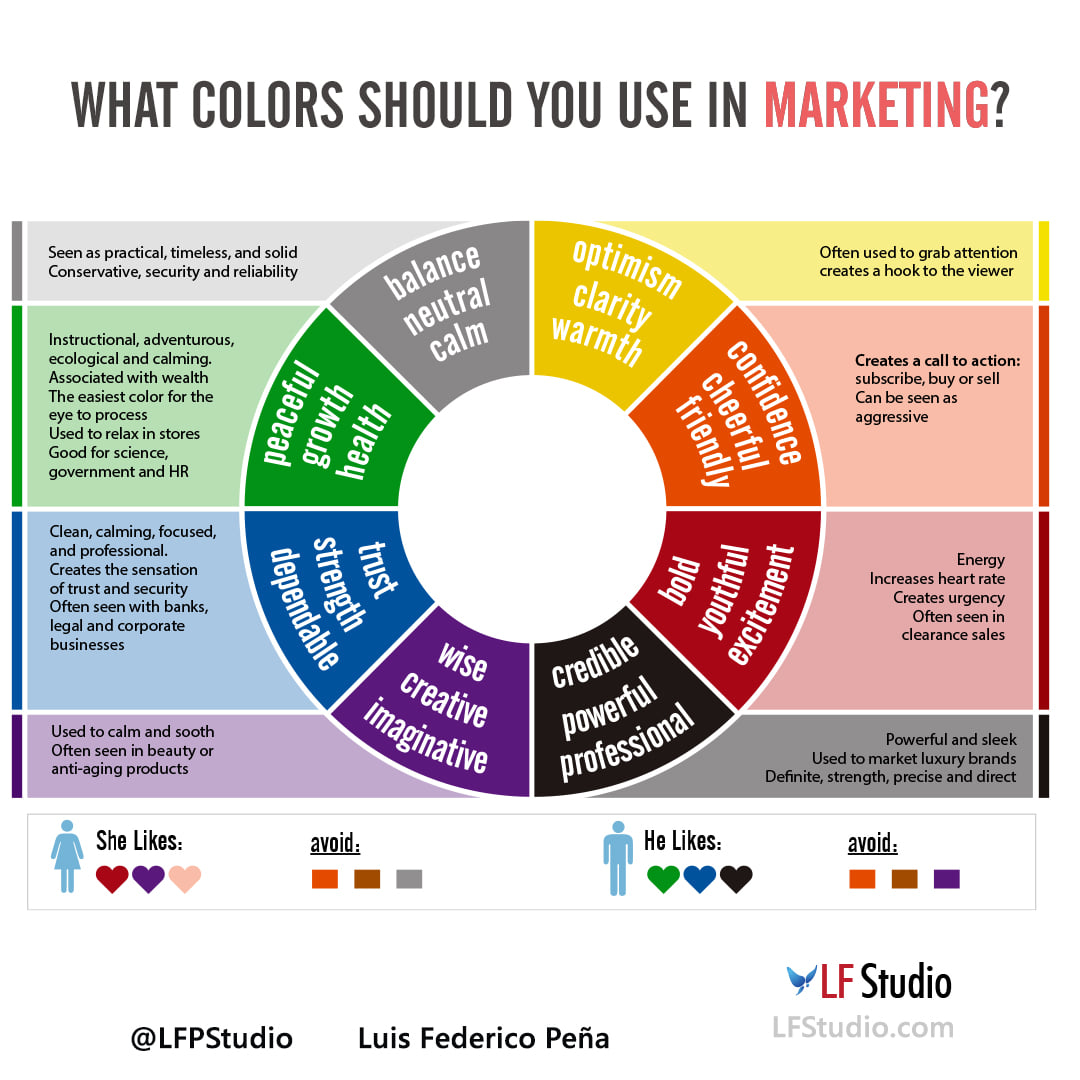
The Influence of Colors on Branding and Marketing Psychology


